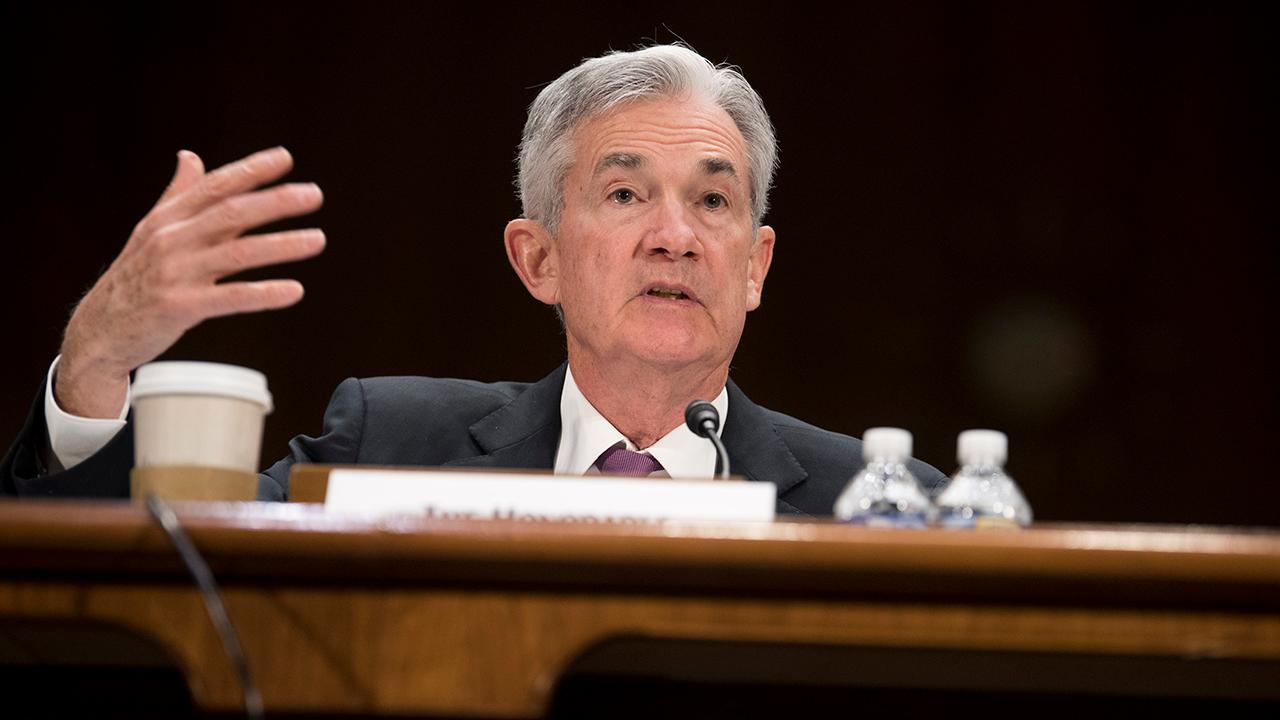Trump, in CPAC speech, says Fed interest rate hikes hurt the economy
President Trump, while delivering a two-hour, wide-ranging speech at the Conservative Political Action Conference, blamed a strong U.S. dollar and interest rate hikes by the Federal Reserve for hurting the economy.
"We have a gentleman that loves quantitative tightening in the Fed,” he said, referring to Federal Reserve Chair Jerome Powell. “We have a gentleman that likes a very strong dollar in the Fed. So with all of those things -- we want a strong dollar but let's be reasonable -- with all of that, we're doing great. Can you imagine if we left interest rates where they were? If we didn't do quantitative tightening? I want a dollar that's great for our country but not a dollar that's prohibitive for us to be doing business with other countries.”
Although officials at the U.S. central bank have signaled they will be patient with raising the benchmark federal funds rate moving forward -- a result of a U.S.-China trade war and fears of slowing growth in Europe and China -- the Fed raised interest rates four times in 2018. Although still low by historical standards, interest rates are at the highest level in nearly a decade after the last hike.
"America is now booming like never before," Trump said. "Other countries are doing very poorly. That makes it even harder for us to be successful. Plus, we have a gentleman that likes raising interest rates in the Fed," he said.
It’s not the first time that Trump has taken a swipe at Powell.
Although the president handpicked Powell to replace then-Fed Chair Janet Yellen, he’s made no secret of his disdain for interest rate hikes, which he blames for curtailing economic growth. (Interest rates can affect consumers by making borrowing costs higher.)
At the end of December (during which the stocks posted the worst month since the Great Depression), Trump said “the only problem our economy has” is the Fed. Trump also was reportedly considering firing Powell during that same time period, although the White House denied that report.
In the beginning of February, however, Trump and Powell had an informal dinner, during which the Fed chair stressed the importance of economic data and “non-political analysis” in establishing monetary policy.
“[Powell] did not discuss his expectations for monetary policy, except to stress that the path of policy will depend entirely on incoming economic information and what that means for the outlook,” Fed officials said in a statement at the time.




















